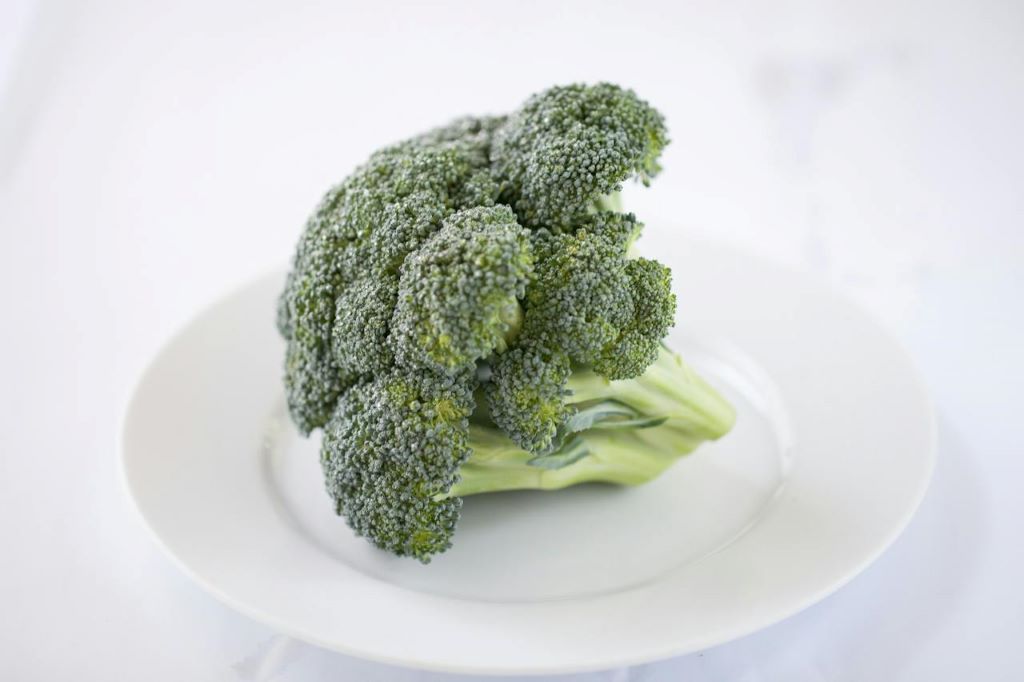Even Vegans who get Enough Total Protein may Fall Short for Some Essential Amino Acids
Even vegans who get enough total protein may fall short for some essential amino acids

In a new study of people with long-term vegan diets, most ate an adequate amount of total daily protein, but a significant proportion did not meet required levels of the amino acids lysine and leucine. Bi Xue Patricia Soh and colleagues at Massey University, New Zealand, present these findings in the open-access journal PLOS One on April 16, 2025.
Proteins are made up of various molecular “building blocks” known as amino acids. While the human body can synthesise most of the amino acids we need to live, we completely rely on the food we eat to provide the nine “indispensable amino acids” we cannot make ourselves. Typically, plant-based foods have more varied levels of indispensable amino acids that the body can use, as compared to animal-sourced foods, so they are of particular concern in vegan diets.
However, most prior research on protein in vegan diets has not considered specific amino acids nor the digestibility of different foods, which accounts for the fact that not all of what we eat, including amino acids, is fully utilised by the body.
To help deepen understanding of amino acid intake in vegan diets, Soh and colleagues analysed detailed, four-day food diaries kept by 193 long-term vegans living in New Zealand. They used information from the United States Department of Agriculture and the New Zealand FoodFiles database to calculate participants’ intake of different amino acids from the different foods they ate.
The analysis showed that about three quarters of participants met daily total protein requirements. Accounting for body weight, intake of all indispensable amino acids also met requirements.
However, when considering digestibility, only about half of the participants met daily requirements for lysine and leucine levels, making them the most limiting indispensable amino acids in the study. Among the food types consumed by participants, legumes and pulses were the biggest contributors to overall protein and lysine intake.
These findings underscore that meeting total daily protein requirements does not necessarily mean meeting indispensable amino acid requirements. On the basis of their findings, the researchers call for future research to explore how intake of leucine and lysine could be boosted for vegans in a nutritionally balanced manner.
The authors add: “Vegan diets are the most restrictive form of plant-based eating, relying entirely on plant sources for all nutrients. Achieving high protein quality on a vegan diet requires more than just consuming enough protein – it also depends on the right balance and variety of plant foods to supply all the amino acids in the quantities that our body needs. Prolonged deficiencies in these essential nutrients can negatively affect overall protein balance, muscle maintenance and other physiological functions, especially in more vulnerable populations.”
“In our study, lysine and leucine were the most commonly under-consumed amino acids in our vegan cohort and fall below the daily requirements needed by our body. This is because many plant foods generally contain lower quantities of these amino acids that can be absorbed and utilised by the body. However, the inclusion of legumes, nuts and seeds emerged as valuable plant sources – not only to support overall protein intake but also to specifically increase lysine and leucine quantities in a vegan diet.”
Provided by PLOS


